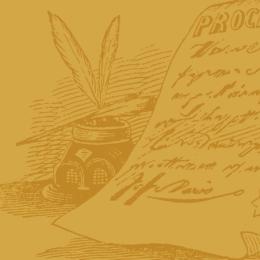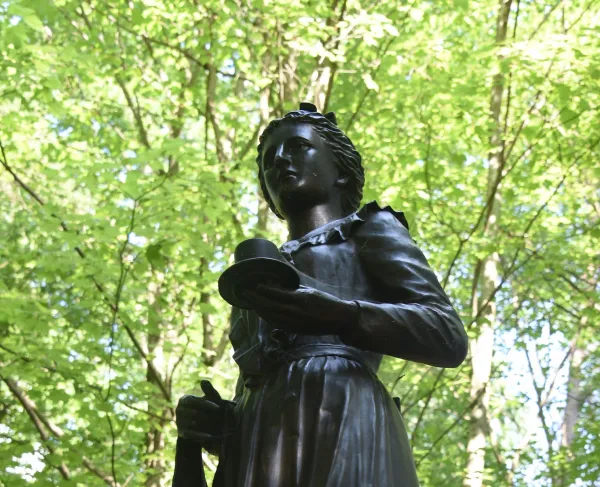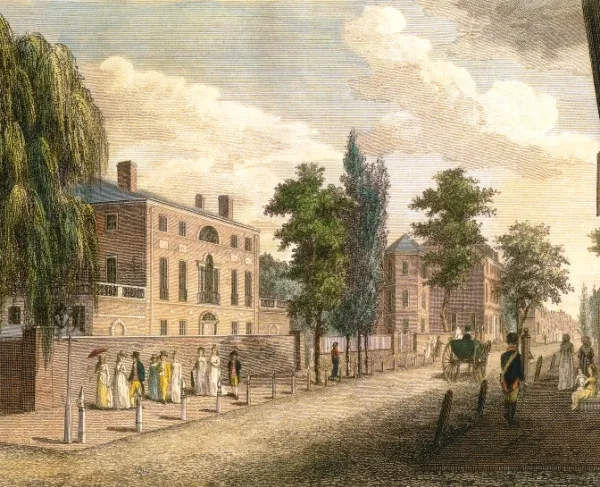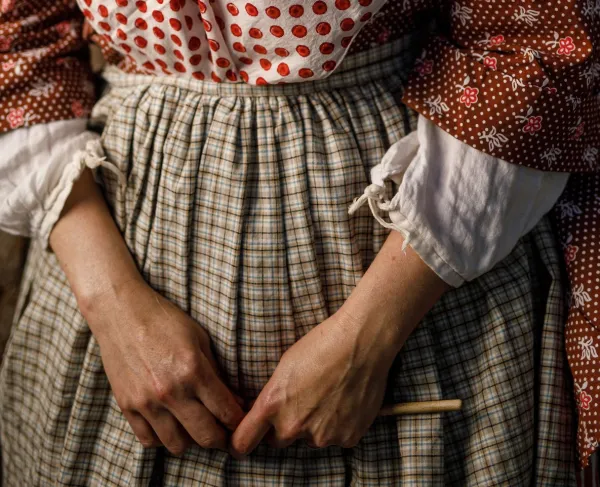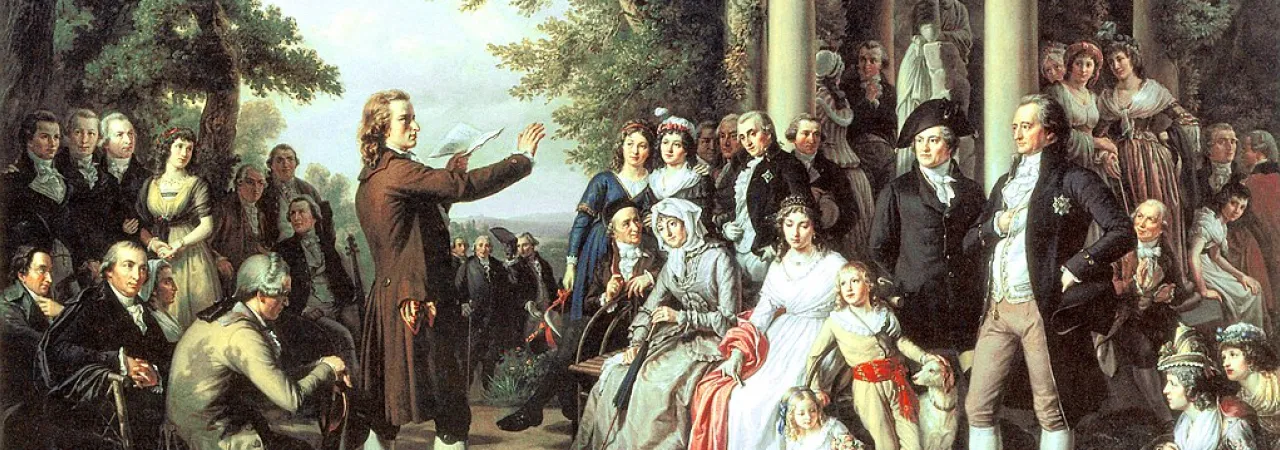
In the 17th and 18th centuries on both sides of the Atlantic, the Enlightenment promoted discourse and dialog on topics such as intellectual reason, happiness, liberties and equality, the role of government and rights of the governed and, importantly, natural rights. Enlightenment era philosophers such as John Locke, Montesquieu and Adam Smith significantly influenced the coming of the American Revolution, and the Founding Fathers’ construction of the new democratic republic in the United States. Importantly, the era of Enlightenment in America, Great Britain, and across Europe prompted discourse about gender equality, as women saw themselves as equally bestowed by God with certain natural, inalienable rights. During the era, women themselves became influential thinkers and contributors, voicing their own opinions on women’s intellect, emotion, and roles in history and future societies during and after the Revolutionary era, when new governments failed to extend full rights and civic participation to women.
During the Enlightenment, women could participate publicly in philosophical conversations in a variety of venues, including social clubs, salons and coffeehouses. Salons gained popularity in Paris and England, and were often run by elite, higher status women along class and social lines. Coffeehouses were more inclusive, though women were not always allowed entry. Women in Great Britain could gain membership in women-only debate societies such as La Belle Assemblee, and were free to speak their mind on women’s issues of the day including gender equality, marriage, and even politics. Men did not always speak favorably about these debate societies nor the discourse they perpetuated.
An important way that women could participate in the Enlightenment was through print culture. At the turn of the 18th century, more women had access to books and pamphlets, and more women themselves committed their ideas to print. Born in Great Britain in 1759, Mary Wollstonecraft is perhaps the best known of these Enlightenment-era female authors. Her 1792 work A Vindication of the Rights of Woman; with Strictures on Political and Moral Subjects has earned her the moniker of the “first feminist,” though she did not explicitly argue the equality of genders. In her work, Wollstonecraft primarily argued for the equal education of girls and women, which was an unpopular opinion at the time where the majority advocated for women to receive a limited, domestic-based education only.
Wollstonecraft asserted that “if children are to be educated to understand the true principle of patriotism, their mother must be a patriot…but the education and situation of a woman at present shuts her out.” Wollstonecraft’s arguments for a revolution in female education found supporters in the United States, where young women’s education became ideologically linked to the success of the American republic. If young women championed national origin stories and revered the values of republicanism and democracy, she would pass those values onto her own children who would, in turn, become model citizens of the republic. American revolutionaries like Benjamin Rush in Philadelphia believed that educating women in the new values of the nation ensured the future of American democracy for generations to come. Rush and others began advocating for education reform for girls including geography, math, civics, and government, alongside reading, writing, and traditional gentile arts and domestic skills. Wollstonecraft’s advocacy of female education reform, translated through the likes of Benjamin Rush, became a foundational concept of the new Republican Motherhood.
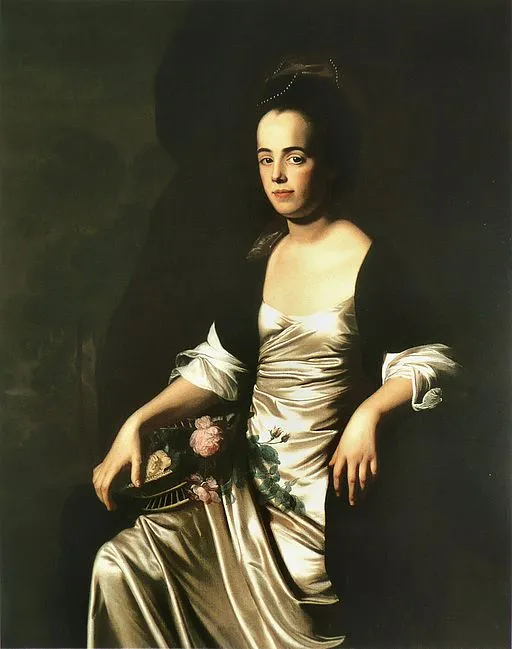
In the Age of Revolutions, female philosophers and writers took pen in hand to publish their discontent with the lack of equal rights afforded to them by new revolutionary governments. During the French Revolution, Olympe de Gouges published a scathing response to the revolutionaries’ Declaration of the Rights of Man and of the Citizen. Her 1791 work, Declaration of the Rights of Woman and of the Female Citizen argued for the French Revolution’s enlightenment rallying cries of equal rights to be extended to women. In her treatise, de Gouges protested, “A woman has the right to mount the scafford. She must possess equally the right to mount the speaker’s platform.” Catherine the Great, however, did have a platform. As empress of Russia, Catherine reigned with Enlightenment ideals at the fore, championing education reform and the arts. During the American Revolution, Judith Sargent Murray wrote On the Equality of the Sexes. Not published until 1790, Murray penned now familiar arguments that women’s capacity for reason and intellect was the same as men’s, but that traditional gender roles and societal norms disguised this fact.
Though the Enlightenment began in the 17th century, the women who carried its ideals forward into the late 18th and early 19th centuries helped the era finally move forward one of its principles—equality. In her book Women of the Republic: Intellect and Ideology in Revolutionary America, Linda Kerber notes that in its earliest years Enlightenment philosophers “only occasionally contemplated the role of women in civic culture...that the world of women is separate from the empire of men.” By harnessing both Enlightenment and Revolutionary principles of inalienable rights, civics, reason, and equality, women in the Enlightenment moved the dial ever forward towards education, suffrage, and equal rights.
Further Reading:
Linda Kerber, Women of the Republic: Intellect and ideology in Revolutionary America, University of North Carolina Press, 2000.
Linda Kerber, Toward an Intellectual History of Women, University of North Carolina Press, 2017.
American Battlefield Trust, “Republican Motherhood,” https://www.battlefields.org/learn/articles/republican-motherhood
